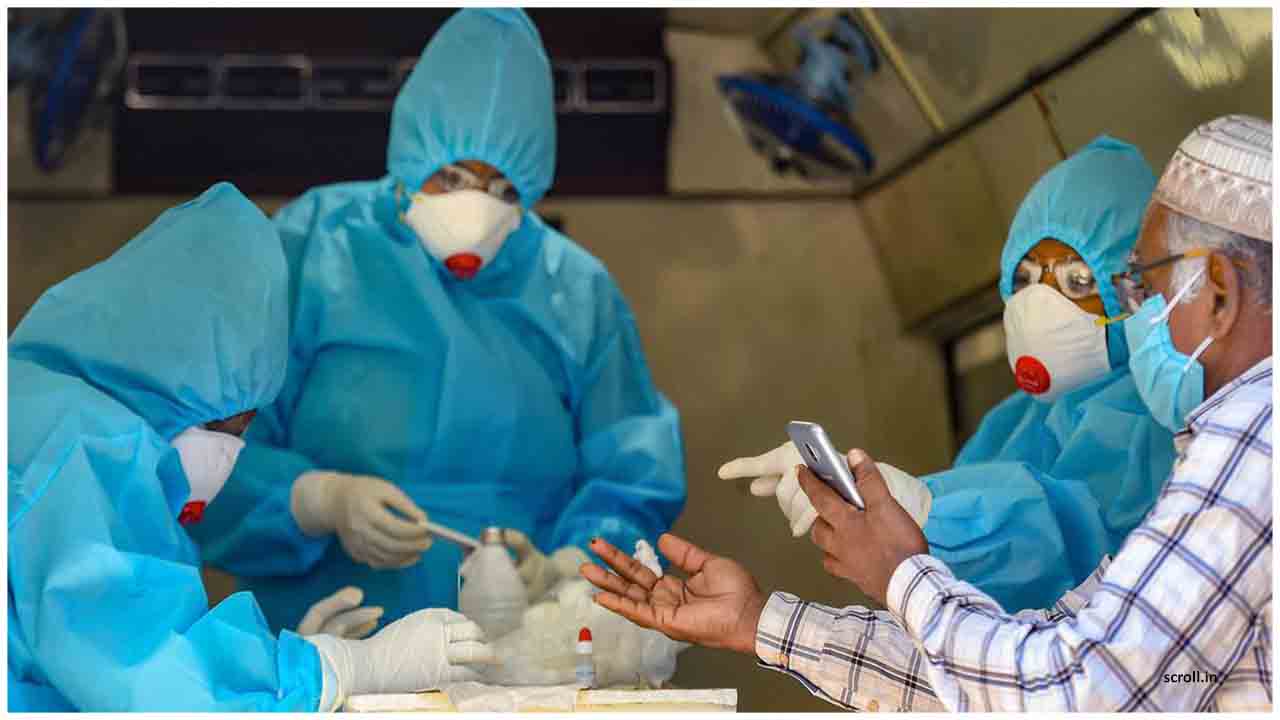The monetary aftermath from the coronavirus pandemic could dive an extra 395 million individuals into extraordinary destitution and swell the absolute number of those living on under $1.90 every day worldwide to more than 1 billion, scientists said in a report on Friday.
The report - distributed by UNU-WIDER, some portion of the United Nations University - played through various situations, considering the World Bank's different neediness lines - from extraordinary destitution, characterized as living on $1.90 per day or less, to higher destitution lines of living on under $5.50 per day.
Under the most noticeably awful situation - a 20% constriction in per capita payor utilization - the quantity of those living in extraordinary neediness could ascend to 1.12 billion. A similar compression applied to the $5.50 limit among upper-center pay nations could see more than 3.7 billion individuals - or simply over a large portion of the total populace - live beneath this neediness line.
"The standpoint for the worlds least fortunate looks dismal except if governments accomplish more and do it rapidly and make up the day by day loss of pay the poor face," said Andy Sumner, one of the report's creators.
"The outcome is progress on neediness decrease could be slowed down 20-30 years and making the UN objective of consummation destitution seem as though an unrealistic fantasy."
The specialists from King's College London and Australian National University likewise found that destitution would move in its geographic dissemination.
The area expected to see the greatest number of individuals in danger of diving into outrageous destitution was South Asia, for the most part, determined by crowded India. This was trailed by Sub-Saharan Africa where around 33% of the ascent would originate from.
On Monday, the World Bank said it anticipated that 70-100 million individuals should be driven into extraordinary destitution by the pandemic.
G20 pioneers direly need to reconvene to concede to an improved and all the more unequivocally organized worldwide reaction to the COVID-19 emergency. Despite the fact that lockdowns are being facilitated in numerous spots, the everyday number of new COVID-19 cases overall as of late arrived at its most elevated level yet, while the pandemic's overwhelming monetary cost keeps on mounting as new focal points emerge in the rising and creating world.
We are at a crucial point in time, in light of the fact that the least fortunate nations in Africa, Asia, and Latin America are confronting monetary and general wellbeing crises that request quick activity. A different gathering of center salary economies needs assistance, as well. Together, these nations speak to about 70% of the total populace and record for roughly 33% of worldwide GDP.
Their requirements will develop progressively intense in the months and years ahead. The International Labor Organization expects that worldwide working hours in the second quarter of 2020 will be 10.5% beneath pre-emergency levels, proportionate to the loss of in excess of 300 million all day occupations. Also, just because this century, worldwide neediness is rising.
To be sure, a worldwide downturn could switch as long as three many years of upgrades in expectations for everyday comforts and, as indicated by one gauge, push 420-580 million individuals worldwide into destitution. The World Food Program, additionally, has cautioned that COVID-19 will probably twofold the number of individuals experiencing intense appetite, to 265 million.

 On Monday, the World Bank said it expected 70-100 million people to be pushed into extreme poverty by the pandemic.
On Monday, the World Bank said it expected 70-100 million people to be pushed into extreme poverty by the pandemic.









.jpeg)









.jpeg)



.jpg)


.jpg)




.jpg)


